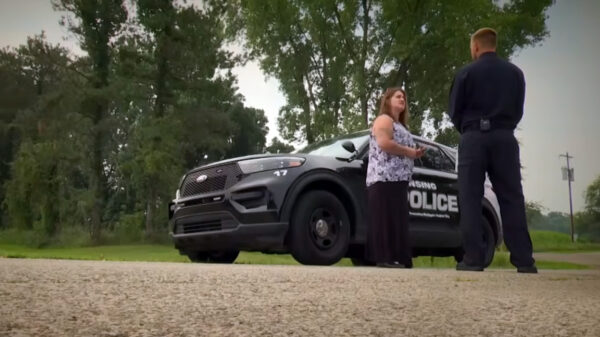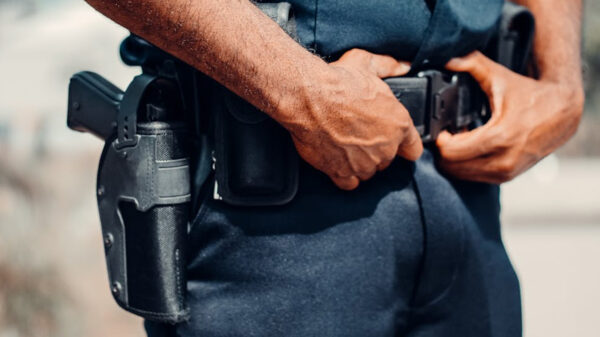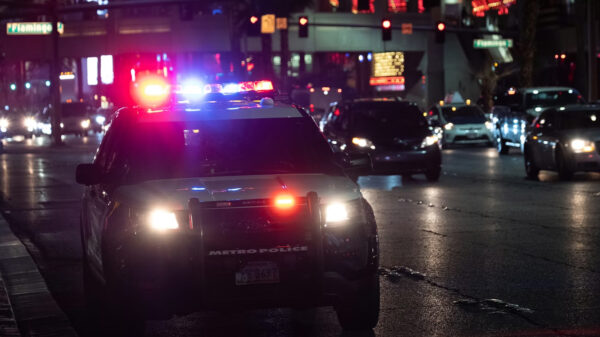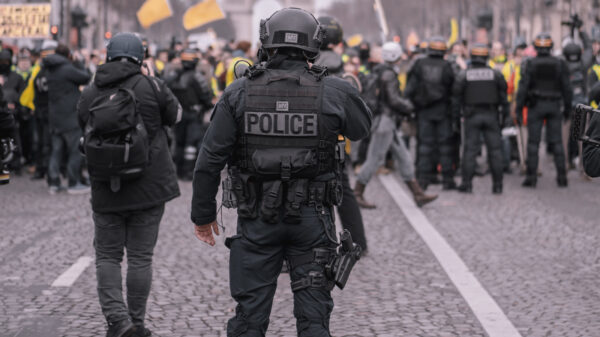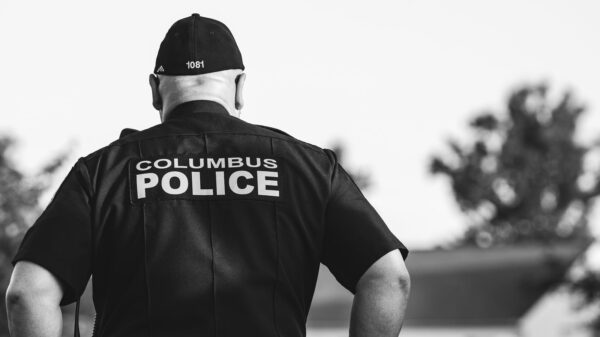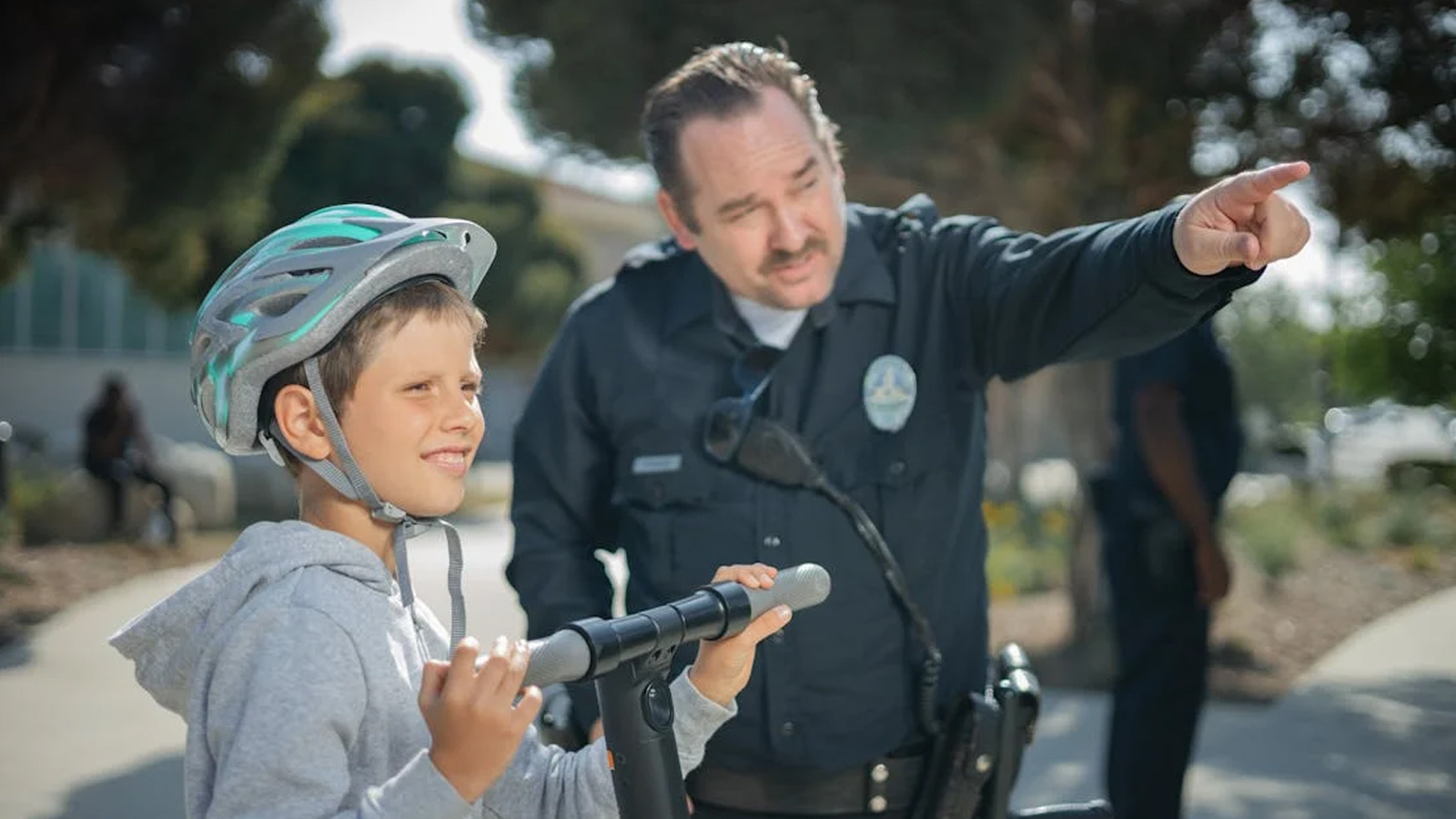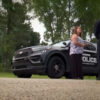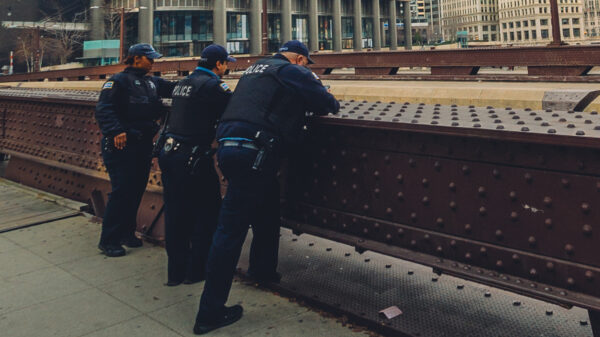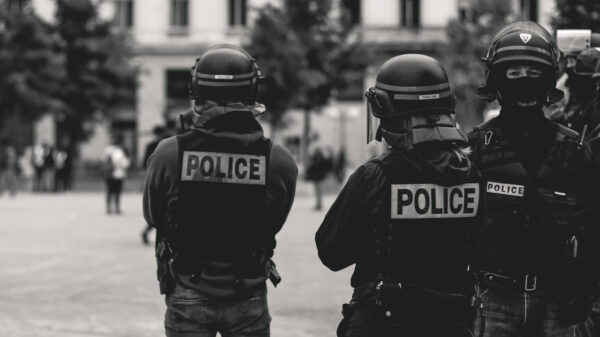Police officers serve on the front lines of many battles in our communities, but few are as persistent—or as impactful—as the consequences of fatherlessness. I served in our Gang Detail for over two years in Los Angeles County, and one theme became clear among the young men I encountered: nearly every gang member suffered from what I simply call, “lack of dad.” Sometimes their fathers were unidentified, incarcerated, or absent due to addiction, long work hours, or simply a lack of involvement. Whatever the circumstance, the result was predictable—young people growing up without direction.
This issue isn’t limited to the neighborhoods patrolled each day. In America, a staggering number of children live in single-parent households. According to the U.S. Census Bureau, 18.4 million children—one out of every four—grow up without a biological, step, or adoptive father at home. Most of these homes are led by single mothers, and while every parent who steps up deserves admiration, the absence of a father leaves gaps that no policy or program can easily fill. Americans recognize the gravity of the problem, frequently citing fatherlessness as the most significant issue facing our society today.
It’s tempting in the modern world to minimize distinctions between mothers and fathers, suggesting that as long as children are loved and provided for, the structure of the family is unimportant. Yet research consistently demonstrates that fathers bring distinct benefits that no other relationship substitutes. When present and engaged, fathers help kids flourish academically, socially, and emotionally. Their influence goes beyond their physical presence—they help set expectations, teach self-discipline, promote resilience, and foster a unique kind of play that teaches boundaries, fairness, and independence. Research consistently demonstrates that fathers bring distinct benefits that no other relationship substitutes. Share on X
In the context of law enforcement, the connection between absent fathers and juvenile delinquency is hard to ignore. Many young people drawn into gangs are simply seeking what’s missing at home—mentorship, belonging, and accountability, elements traditionally supplied by a father. When that structure is absent, the likelihood of a young person joining a gang, engaging in crime, or encountering the criminal justice system skyrockets. Studies reveal that boys from fatherless homes are dramatically more likely to carry weapons, deal drugs, or be incarcerated than peers raised with a father present. Father absence is a more powerful predictor of youth delinquency than peer pressure or socioeconomic background.
Police officers see this reality played out daily. Every arrest, traffic stop, or call for service involving youth at risk is an opportunity to see, not just the symptoms, but also the root cause—so often, the hole left by a missing dad. As law enforcement professionals, there’s a dual responsibility to address both the immediate needs of public safety and the longer-term needs of prevention and mentorship.
Practically, there are several ways officers can help bridge the gap created by fatherlessness:
-
See past the badge. Remember that every troubled youth has a story, and often that story includes loss. Showing compassion, even in moments of accountability, can make a lasting difference. Your words may be the only fatherly counsel some youths ever hear.
-
Model integrity and leadership. Police officers are among the most visible authority figures in any community. By modeling honesty, discipline, respect, and compassion, you offer young people, especially those without dads, a living example to emulate.
-
Support mentorship programs. Get involved with local initiatives that connect law enforcement with at-risk youth. Programs like Police Activities Leagues (PAL) or Explorer programs foster relationships that fill some of the void left by absent fathers, giving kids firsthand access to positive male and female role models.
-
Partner with local churches and community organizations. Many churches are eager to address fatherlessness in their neighborhoods, running mentorship, tutoring, and support programs. Law enforcement can help by connecting families to these resources and by participating in community-based activities designed to reinforce the value of family and parental involvement.
-
Don’t neglect your own family. Law enforcement can demand long hours and emotional energy, often leaving little time for home. It’s vital to prioritize presence and engagement with your own children. Remember, workaholism can create absence just as surely as any other challenge. Prioritize the moments at home. Your influence on your own kids is your most enduring legacy.
Finally, officers can be voices in the public square, advocating for policies and practices that strengthen families, encourage father involvement, and support parents striving to do their best. Use your unique position of trust to elevate the discussion on the significance of fathers and the power of parental influence.
Every statistic about youth delinquency, dropout rates, or neighborhood violence isn’t just a number—it’s a reflection of an underlying social fracture, often one that stems from missing dads. In your work as a police officer, you have opportunities every day to plant seeds of hope, guidance, and accountability in the lives of young people. More than enforcing rules, you can help restore foundations.
Christianity provides a foundation that can empower police officers to address the deep wounds caused by fatherlessness in their communities. Through the example of Christ’s sacrificial love and the biblical call to be fathers, mentors, and servant leaders, officers find both the motivation and the method to respond compassionately to at-risk youth. By relying on prayer, biblical principles, and the support of the Christian community, officers are strengthened to model unconditional love, forgiveness, and justice—even in difficult circumstances. Christian faith equips police to offer genuine hope, guidance, and restoration, reflecting the love of the ultimate Father and using their authority to restore broken families and foster lasting change. By actively incorporating faith in daily service, Christian officers can be agents of healing, encouragement, and transformation for every young person they encounter.
If you haven’t yet trusted the Savior who can empower your efforts to reach young people in your community, there is no better time than now. To learn more about the power of fatherhood and how this truth establishes the reliability of the Bible, please read The Truth in True Crime: What Investigating Death Teaches Us About the Meaning of Life.
J. Warner Wallace is a Dateline featured cold-case homicide detective, popular national speaker and best-selling author. He continues to consult on cold-case investigations while serving as a Senior Fellow at the Colson Center for Christian Worldview. He is also an Adj. Professor of Christian Apologetics at Talbot School of Theology, Biola University, and a faculty member at Summit Ministries. J. Warner presently serves as a chaplain for his agency and holds a BA in Design (from CSULB), an MA in Architecture (from UCLA), and an MA in Theological Studies (from Gateway Seminary).


